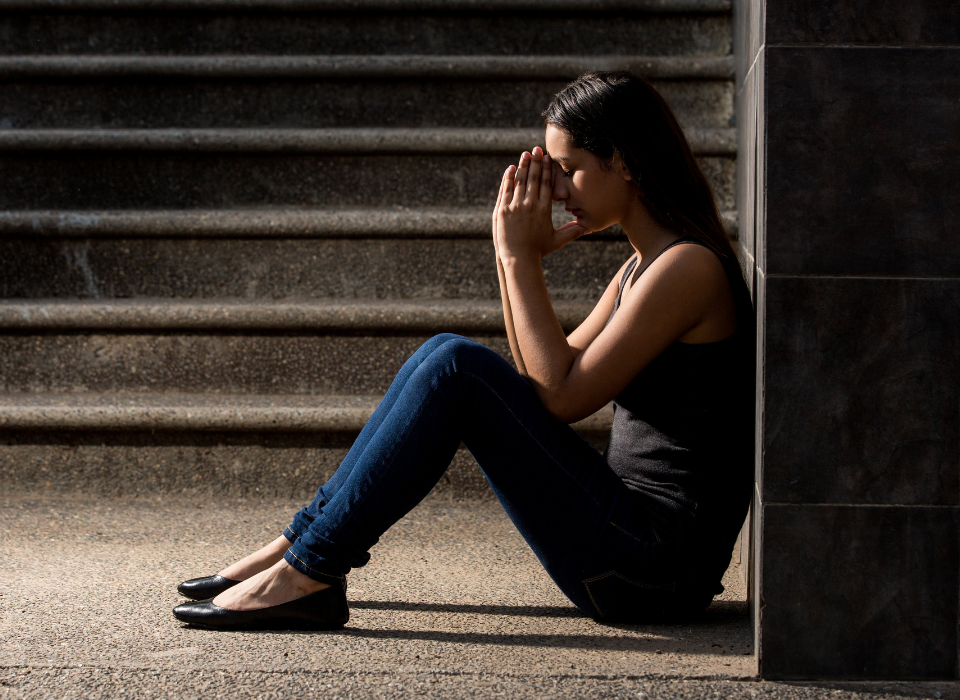
Learning to Love Yourself: The First Step Toward a Healthier, Happier Life
June 23, 2025
The Hidden Dangers of Weight Loss Medications for Individuals with Eating Disorders
July 8, 2025
For many, the summer season brings excitement, sunshine, and vacations. But for individuals struggling with eating disorders, summer can be a challenging and emotionally taxing time. As the weather warms and social activities increase, unique triggers emerge that can intensify disordered eating behaviors, elevate body image distress, and raise the risk of relapse. Understanding the seasonal effects on eating disorders is essential to support those who may silently struggle through the summer months.
Seasonal Effects on Eating Disorders
Seasons can have a significant impact on mental health, including the severity and symptoms of eating disorders. Summer, in particular, presents a combination of environmental and psychological stressors that can exacerbate existing eating disorders or contribute to new-onset cases. The heightened focus on body image during warmer months creates a perfect storm of vulnerability for those at risk.
Among the risk factors for eating disorders, body dissatisfaction and cultural pressures around appearance are especially prominent in summer. This season often magnifies societal messages about achieving a “beach body,” placing pressure on individuals to look a certain way to feel accepted or attractive. These unrealistic standards are harmful for anyone, but for individuals with eating disorders, they can trigger extreme behaviors and thinking patterns related to food, exercise, and self-worth.
The Visual Exposure of Summer
One of the most impactful elements of summer is the shift in clothing. Shorts, swimsuits, tank tops—these wardrobe staples of the season can provoke intense anxiety for someone with body image concerns. The need to show more skin can lead to feelings of shame, avoidance, or desperate attempts to alter one’s appearance quickly. These behaviors might include extreme dieting, over-exercising, or purging—actions closely tied to the effects of eating disorders.
Time spent at the beach, pool parties, or any event that encourages bathing suits can be overwhelming. These environments often involve a level of exposure that feels unsafe for those with eating disorders, leading them to withdraw socially, obsessively compare themselves to others, or resort to harmful coping mechanisms. In some cases, people may avoid these social interactions altogether, reinforcing isolation and mental health deterioration.
Increased Social Pressures and Disrupted Routines
Summer also disrupts daily routines. For students, the end of the school year means unstructured time, loss of regular meals, and fewer scheduled obligations. For some, this lack of routine can be liberating, but for individuals in recovery from an eating disorder, it can be destabilizing. Structured eating plans and consistent therapy sessions may be harder to maintain, which heightens the risk of relapse.
Increased social gatherings like barbecues, vacations, and parties may also center around food, leading to heightened anxiety. People with eating disorders often struggle with eating in public or with feeling judged for what and how much they eat. These social eating scenarios can become overwhelming, contributing to disordered eating behaviors such as restricting or bingeing in secret afterward.
Social media adds another layer to the pressure. Summer posts often feature people showing off their bodies or engaging in food-centric experiences. Constant exposure to these curated, idealized images can deepen feelings of inadequacy and body shame, which are standard drivers of eating disorder behaviors.
Summer and Eating Disorders in Adolescents
Adolescents and young adults are particularly susceptible to the effects of summer on disordered eating. With more free time and less supervision, they may experiment with fad diets or excessive workouts in an attempt to conform to beauty standards. For some, the desire to fit in or receive positive attention during summer events can lead to the development or worsening of harmful habits. Without the watchful eyes of teachers, coaches, or school counselors, early warning signs may go unnoticed until the behavior becomes severe.
What Effects Eating Disorders: The Need for Awareness in Summer
Understanding what effects eating disorders have during the summer months helps parents, caregivers, and healthcare providers recognize the signs of distress. Some of these signs include:
- Avoiding events involving food or swimsuits
- Skipping meals or hiding eating behaviors
- Increased preoccupation with weight or exercise
- Mood changes like irritability, depression, or anxiety
- Withdrawal from friends or usual activities
Awareness and early intervention are key. Encouraging open dialogue around body image, self-esteem, and the unrealistic standards promoted by the media can help reduce stigma and support those in recovery. Reaffirming that all bodies are worthy and valuable—regardless of shape, size, or appearance—is essential.
Creating a Supportive Summer Environment
If you or someone you know is navigating recovery during the summer, there are steps to ease the seasonal challenges:
- Maintain a routine: Keeping consistent meal times and self-care practices helps maintain a structured recovery.
- Limit social media: Curate your feed with body-positive content and take breaks when comparison becomes overwhelming.
- Focus on connection: Plan social events that don’t revolve around food or physical appearance—hiking, art, volunteering, or movie nights are great options.
- Seek support: Whether through therapy, support groups, or trusted loved ones, discussing your experience can help reduce shame and promote healing.
- Wear what feels comfortable: Dress for your comfort, not for others’ expectations. Your worth isn’t defined by your outfit.
Get Help Today
Summer may be a time of fun and relaxation for many, but for those with eating disorders, it can intensify struggles with body image, food, and mental health. By acknowledging the seasonal effects on eating disorders and promoting compassionate, body-inclusive attitudes, we can foster environments that support healing instead of harm. Recovery doesn’t take a summer break—neither should our empathy.
If you or a loved one is struggling, don’t wait until fall to seek help. Support is available year-round, and you deserve peace—this summer and every season after.
_________________________________________________________________________________
Looking for treatment for an eating disorder, anxiety, depression, trauma, or postpartum mood disorder?
Evolve Counseling Services is a specialized team of Licensed Therapists providing treatment in Paoli.



